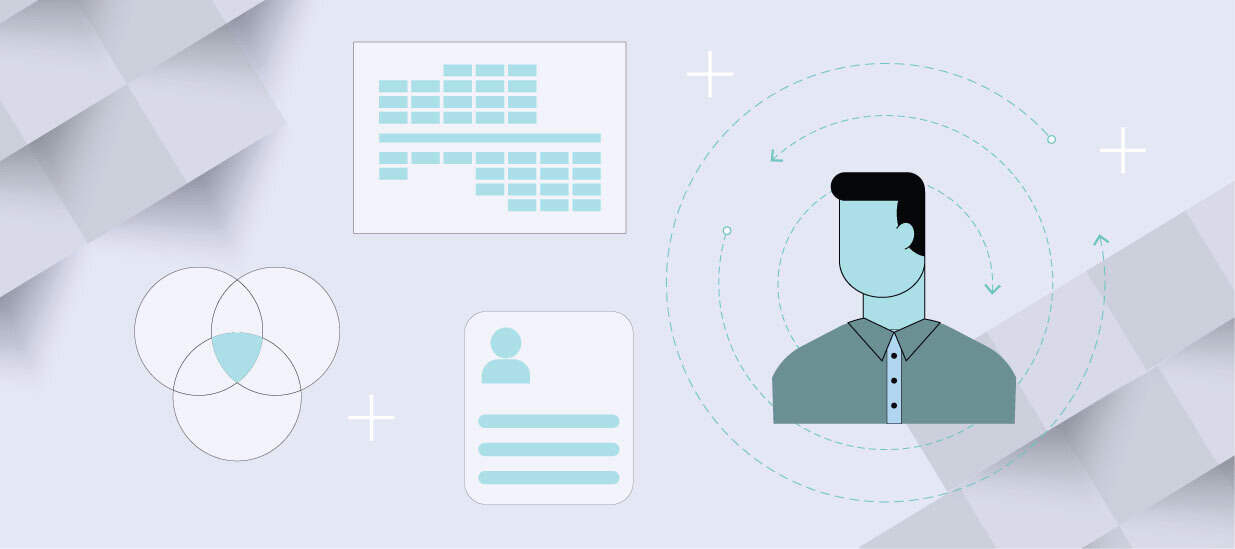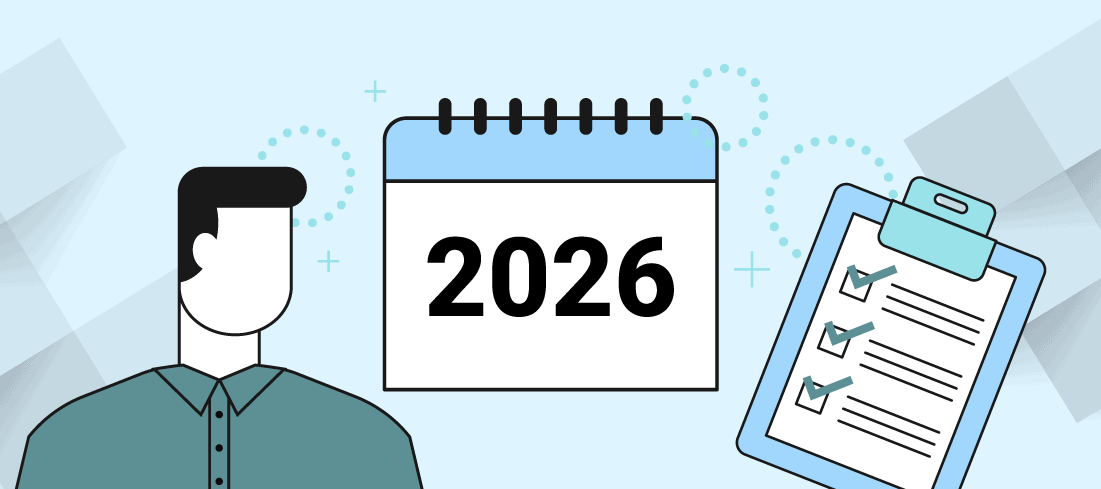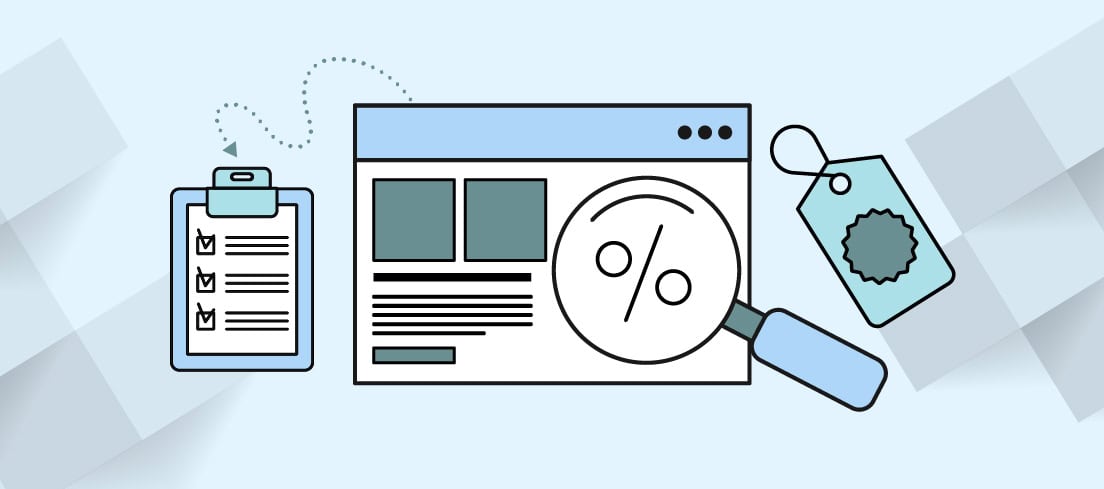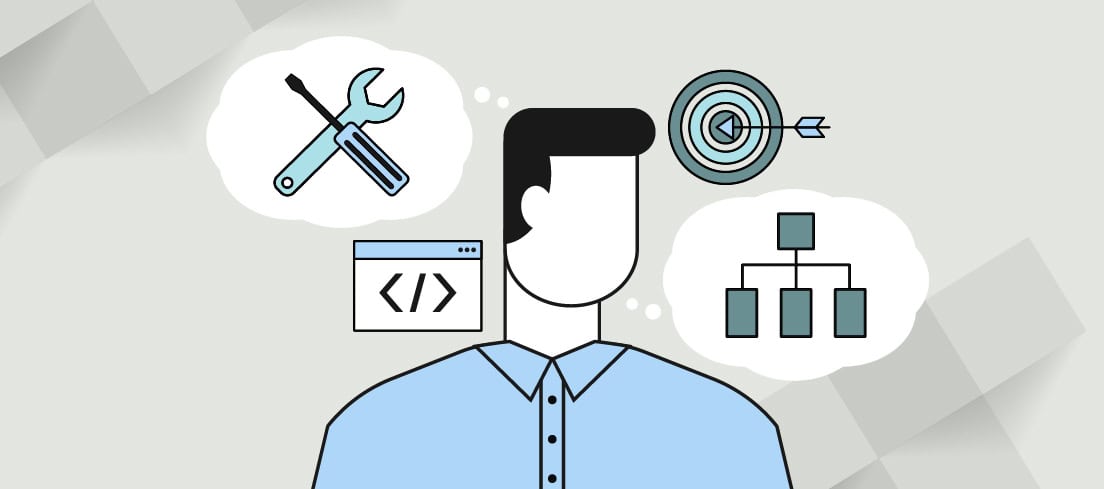3 minute read
Learn how the Pragmatic Framework used by product teams can also guide an AI founder in this first-person article from the CEO of AnswerMyQ.
Launching a startup isn’t that different from launching a new product, at least not when done right. As the former CEO of Pragmatic Institute and now co-founder of AnswerMyQ, I’ve come to appreciate how much the foundational tools we taught product teams apply to early-stage companies, especially in the AI space.
Startups Are Products with a Founder Attached to Them
Most startups fail for the same reasons products do: not solving a meaningful problem, misreading the market, or overbuilding before validating.
At AnswerMyQ, we started with the same four questions Pragmatic Institute’s product management training drills into product teams:
1. What problem are you solving?
2. Is it urgent?
3. Is it pervasive?
4. Is there a willingness to pay?
This discipline gave us clarity early and helped us avoid the common startup trap of building “cool” tech with no buyer.
Personas, Positioning, and Distinctive Competence Still Matter
At Pragmatic, we pushed product teams to understand buyer and user personas deeply – not just demographics, but motivations and context.
At AMQ, we built our agentic AI framework to serve specific personas: the field technician, the overwhelmed sales rep, the HR lead who needs a compliance-safe answer. These weren’t vague use cases, they were deeply researched, tested, and refined.
Our product positioning had to be razor-sharp: We’re not a chatbot, we’re not another knowledge base, and we’re not generic GenAI. We’re built for enterprise-grade knowledge delivery, with role-aware, real-time answers.
AI Startups Need Even More Discipline
It’s easy to get swept up in AI hype. But the Pragmatic mindset helped us stay grounded in business value.
For instance: “Cool AI” isn’t enough. We focused on how our Adaptive Intelligence System™ would reduce costs, improve decision speed, and create real ROI.
Like any product launch, we had to build our distinctive competence: ours is a proprietary RAG + agentic architecture that integrates with real enterprise content, not just public . That took discipline – resisting shortcuts, prioritizing depth over demos, and constantly validating our build choices against buyer outcomes.
Why Pragmatic’s Framework Helps Startups
Most startups don’t fail because of engineering. They fail because they don’t think like product marketers.
Pragmatic’s frameworks offer an unfair advantage to startup founders who adopt them early:
- Faster validation
- Stronger customer resonance
- Clearer product-market fit signals
- Tighter messaging from Day One
I didn’t have to learn a new way of thinking to build an AI startup – I relied on what Pragmatic teaches. That’s the power of a repeatable, structured, market-driven framework.
Ways to Learn More About the Pragmatic Way
Ready to apply these principles to your own products or startup? Explore more ways to go deeper with Pragmatic Institute:
- Foundations Course – The perfect starting point for anyone building or launching products. You’ll learn how to uncover true market problems, align teams around a shared language, and prioritize the work that delivers the most value — all skills that keep startups focused and competitive.
- Market Course – Master buyer personas, market problems, and segmentation strategies so your product speaks directly to the people who matter most.
- Launch Course – Build market-driven launch plans that drive adoption, revenue, and sustained growth.
- Explore All Product Management Courses – See how Pragmatic’s complete curriculum can help you and your team lead with clarity and confidence.
- Free Resources – Articles, ebooks, and tools to help you utilize Pragmatic principles and be successful.
- Explore the Pragmatic Framework and download the free eBook
- Applying the Pragmatic Framework to Internal Product Management podcast
- Explore ways to use AI for Human-Centric Design
Author
-

Philip Alexander, CEO of Pragmatic Institute, boasts 32 years of expertise in team building, leadership, and business operations. With a rich background at Western Auto/Sears Roebuck, Pearle Vision, and Brandmuscle, he's a seasoned professional with a knack for driving high-growth companies, especially in collaboration with Private Equity firms. For questions or inquiries, please contact [email protected].
View all posts







